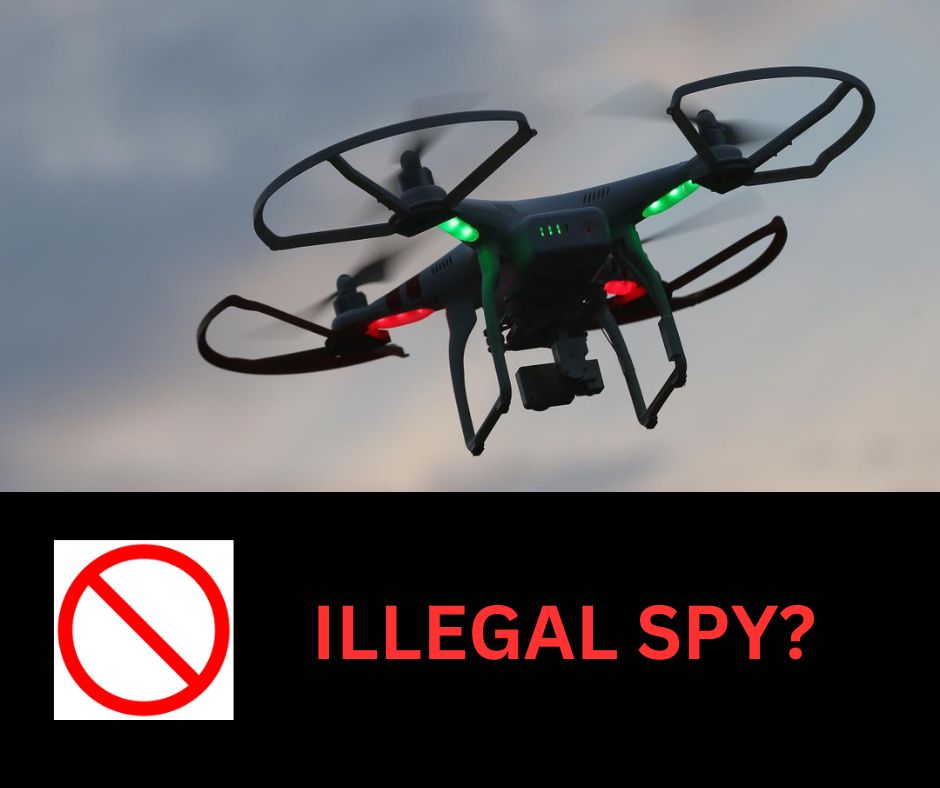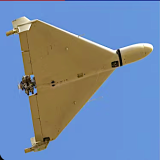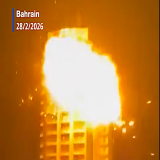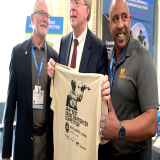
30 May 2023
The Michigan Supreme Court is hearing a case that may resonate across the rest of the country.
The basic question is whether government agencies can use a drone for surveillance without first getting a warrant?
In this case, the dispute at hand involves a zoning-ordinance violation by a Traverse City salvage yard, but the matter could set a precedent for enforcement crews seeking to gather data for other matters.
The civil matter involves Todd and Heather Maxon's salvage yard—which Long Lake Township suspects is creating a nuisance. A drone was dispatched to take photos around the property to determine whether the Maxons were indeed violating zoning laws.
The couple fought back, arguing that aerial photos violated their constitutional right against unreasonable searches.
"Like every American, I have a right to be secure on my property without being watched by a government drone," stated Todd Maxon.
However, the situation has more than a few active threads...
It all started in 2007, when the government claimed Maxon was illegally storing "junk" on the property, and brought a code enforcement lawsuit against him. Maxon won that suit in 2008, and also received a promise that further zoning-enforcement actions would not be taken based upon "the same facts and circumstances which were revealed during the course of discovery (from the original suit).
However, a new lawsuit filed by the government in 2018, stated the vehicles aren't visible "from any ground-level public vantage point."
The government had also hired a drone pilot to gather enforcement data on alleged code violations, and Maxon's property was photographed three times over a two-year period.
“If the government wants to conduct intrusive surveillance like this, the Fourth Amendment requires that it get a warrant,” stated lawyer Mike Greenberg of the Institute for Justice. “The zoning authority’s failure to even try to get one shows their indifference to Michiganders’ constitutional rights.”
However, the Michigan Court of Appeals decided that even if the drone flights violated the Maxons’ Fourth Amendment rights, the government should still be allowed to use the evidence obtained from the unconstitutional search in court, reasoning that Fourth Amendment protection doesn’t apply to investigators hunting for zoning code violations. It also ruled that evidence obtained from drone photography can be used in civil code enforcement proceedings.
Maxon's appeal states the Fourth Amendment applies to all government officials, and if the lower court’s decision stands, the government could freely spy on anyone.
“This is bigger than just some drones flying over my home,” said Maxon. “If I’m not safe from this kind of surveillance, nobody will be.”
The appeal is asking the Michigan Supreme Court to rule that the government indeed violated Maxon’s Fourth Amendment rights, and that it can’t use illegally obtained data in court.
“Americans have a right to be secure in their homes and backyards without being watched by a government drone,” said Institute for Justice Senior Attorney Robert Frommer. “The difference between a peeping tom and a lawful investigation is a judicially authorized warrant.”










